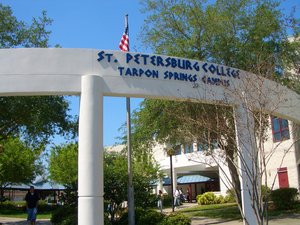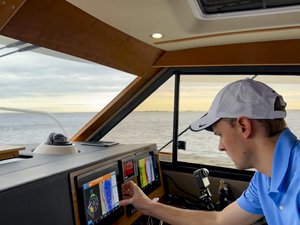
The University of South Florida won a $3 million grant from the U.S. Department of Agriculture on Nov. 9 to further a five-year study on coronavirus in animals.
The study seeks to understand disease transmission from animals to humans and is led by Andrew Kramer, an assistant professor with a Ph.D. in ecology. The research is supported also by the USDA’s Animal and Plant Health Inspection Service through a multiagency partnership with the National Science Foundation and National Institutes of Health, according to a release.
“With the increased interactions between humans and wildlife, one of the important things about this work is that it reminds us that it’s not just us here,” Kramer said in a prepared statement. “Our health can also make animals sick, and that might make us sicker. And that’s an understudied aspect of the dynamics.”
Grant funding like this is exclusive and becoming more competitive, Kramer said. The USF program is one of three universities nationwide to receive the funding.

The study collaborates with research at the University of Florida and the University of Minnesota to piece together the “big picture” behind the infectious disease transmission.
Kramer will also collaborate with researchers from the Cary Institute of Ecosystem Studies, IBM Research and Washington State University. That means the project involves public universities, a nonprofit institute and IBM all working together to solve the issue of how more than 50 mammal species can all be infected by a virus, Kramer told Tampa Bay Inno.
It’s an innovative project because it’s interdisciplinary and leverages several modern technologies, he said. The researchers will examine gene and protein sequences by leveraging predictive modeling, generative AI models and other technology to study the viral spread without using live animals.
Beyond the modern technologies, viral transmission is an interesting and challenging topic to research, Kramer said. It’s a problem of such importance and focus that it’s important to stay novel and meaningful. There are hundreds of researchers focusing on the same thing, and Kramer has to find a new contribution, he said.
“That’s where this project is really exciting because it does focus on that animal community aspect that is not where a lot of the research has been so far, but it is one place that will connect this pathogen to future pathogens,” Kramer said.









